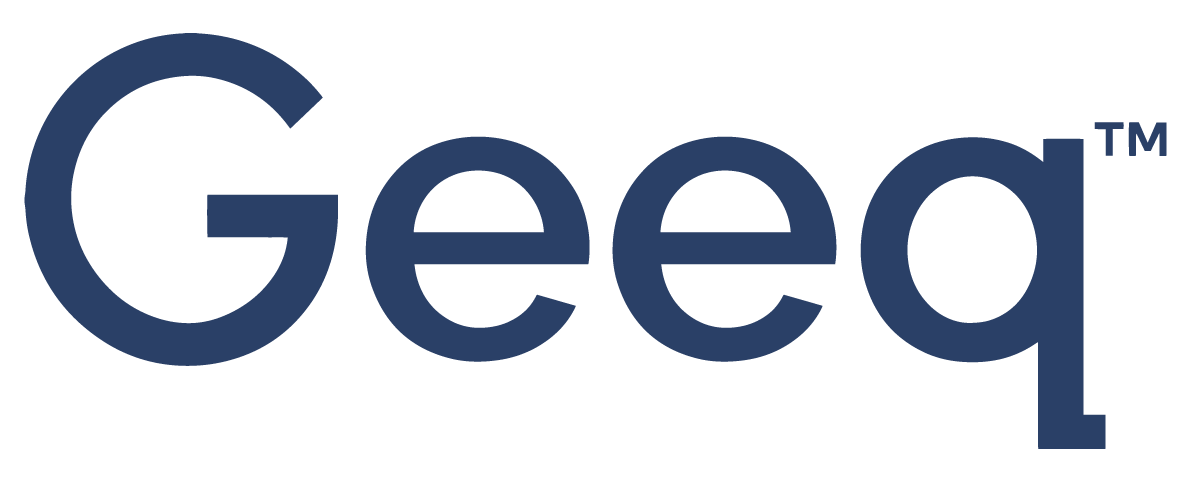
X is for Exchange
What does X is for Exchange mean?
Exchanges facilitate trade in cryptocurrencies.
Main Idea:
Trade in cryptocurrencies make full use of blockchains as record-keeping mechanisms for distributed ledgers of transactions. Traders submit candidate transactions of the trades they would like to make. Transactions are validated and entered into blocks according to the blockchain’s protocol, and the blockchain grows.
Decentralized Exchanges and Decentralized Finance
A Decentralized Exchange is called a DEX, where transactions are fulfilled directly by finding an offer to make the other side of the trade. DEX’s came into their own in 2020, a year that saw an explosion of interest and activity in DeFi, or Decentralized Finance.
The software that lists a token on a DEX is often code that can be copied easily. In the summer of 2020, so many projects were launched that there was little time to do due diligence. However, bugs and security flaws copied into multiple projects and rushed onto a DEX introduced risks that could be and were exploited. Traders that used a DEX had to pay close attention to events or run the risk of missing major market moves.
The appeal of a DEX is that it is fully disintermediated. The DEX has no insight into your account balances or private keys. Your information is private and you control your accounts using your keys in your non-custodial wallet. With great freedom comes great responsibility, of course. When there is no intermediary to intervene, the consequences of your decisions and the security of your transactions is your own responsibility.
Centralized Exchanges for Cryptocurrencies
Centralized exchanges for cryptocurrency trading have organized to take advantage of economies of scale, e.g. they are able to form relationships with cryptocurrency issuers and high volume traders, they have specific geographic knowledge, they have staff to respond quickly to issues, they offer ancillary services like research and news feeds, and so on. Centralized exchanges are intermediaries. In order to open an account, a trader must provide identifying information. In addition, centralized exchanges are custodial: the exchange holds your key(s) for you.
Centralized exchanges (CEX) have the resources to develop more sophisticated dashboards and tools, handle more volume, and offer more pairs for trading. However, a centralized exchange has its own profit-making incentives and can be a central point of failure. A centralized exchange can acquire enough market power to influence quantity and price of cryptocurrencies (crypto) and crypto-based financial instruments. A CEX is not required to make their policies fully transparent or predictable, and the market for Centralized Exchanges themselves may become quite concentrated if there are enough barriers to entry and their consumers become “sticky”.
The Security of DEX and DeFi Depend Ultimately on Their Platforms
All of decentralized finance relies on the underlying blockchain protocols used to validate transactions. If the blockchain protocols that support these platforms are vulnerable, attacks directed at the validation networks are likely to be transmitted upward through the stack and anywhere there are existing, complicated interdependencies in the code.
In the first rush of enthusiasm for cryptocurrency-based finance, there was a race to provide scalability rather than security. Different technologies were developed and now are trying to integrate with each other in ways that satisfy users’ demands for both scale and security. However, it is very difficult to assess the security and reliability of these newer arrangements that were not initially envisioned to work with each other.
The Geeq Difference
Geeq began by addressing the difficult general case of providing protection for the end user regardless of the types of transactions they wished to make. We assumed there would need to be an ecosystem where transactions of great immediate value would be demanded on one application, while data streams for future audits would be demanded by another. Both cases require the highest possible security and we also imagined cases where different types of blockchain applications would be required to work with each other.
By developing a validation protocol that handles every circumstance consistently and an architecture for all applications (whether they were to be independent or interoperable), Geeq offers enterprise-grade security throughout its ecosystem. Complete with upgrade paths that are quantum-ready, Geeq is able to support all financial services that are willing and able to move to blockchain.
Used in a Sentence:
The letter X for exchange is familiar to all traders and especially to those in decentralized finance.
Last Updated: February 25, 2023
Read what Geeq has to say about X is for Exchange...
The following articles are written by the Geeq team to share and inform about the industry we are passionate about.
To learn more about events, announcements and learn about other topics visit our news section
Community announcement - Tokenomics Update - January 2024
Why has Geeq taken a no-smart contracts route? To deliver an efficient, reliable, predictable engine to solve these three problems and more.
Here are 5 reasons why Geeq is poised to set the world's standards in decentralized, verifiable blockchain - at Layer 0.
Discover 7 powerful ways Geeq Stacks revolutionize digital assets. Simplify organization, ensure security, and stay in control. From creative collections to seamless transfers, Stacks make it intuitive.
8 Ways Geeq is the Essential Foundation for Blockchains. Here are the reasons Geeq provides the Layer 0 (L0) foundation that blockchains and smart contracts need.
How can the market separate "review bombing" from authentic testimonials? As with any policy, the risk is either going too far or not far enough. Read Geeq's solution.
UPDATE: Now with links to video and Slides! John P. Conley introduced Geeq's Algorithmic Monetary Policy and Stabilized Token to the public at SFBW.
This is the Geeq token allocation and release schedule. Please note: Geeq did not hold an ICO or IDO.
Ask Me Anything on Telegram: TH 1/24/2019, 4 pm EST
Details are available for the official GEEQ contract address.
$GEEQ has partnered with Ferrum Network to offer non-custodial liquidity staking. Watch this space!
Late Friday Update for Geeq Tokens - The Unlocked-round is fully subscribed. The Pre-round is still OPEN.









